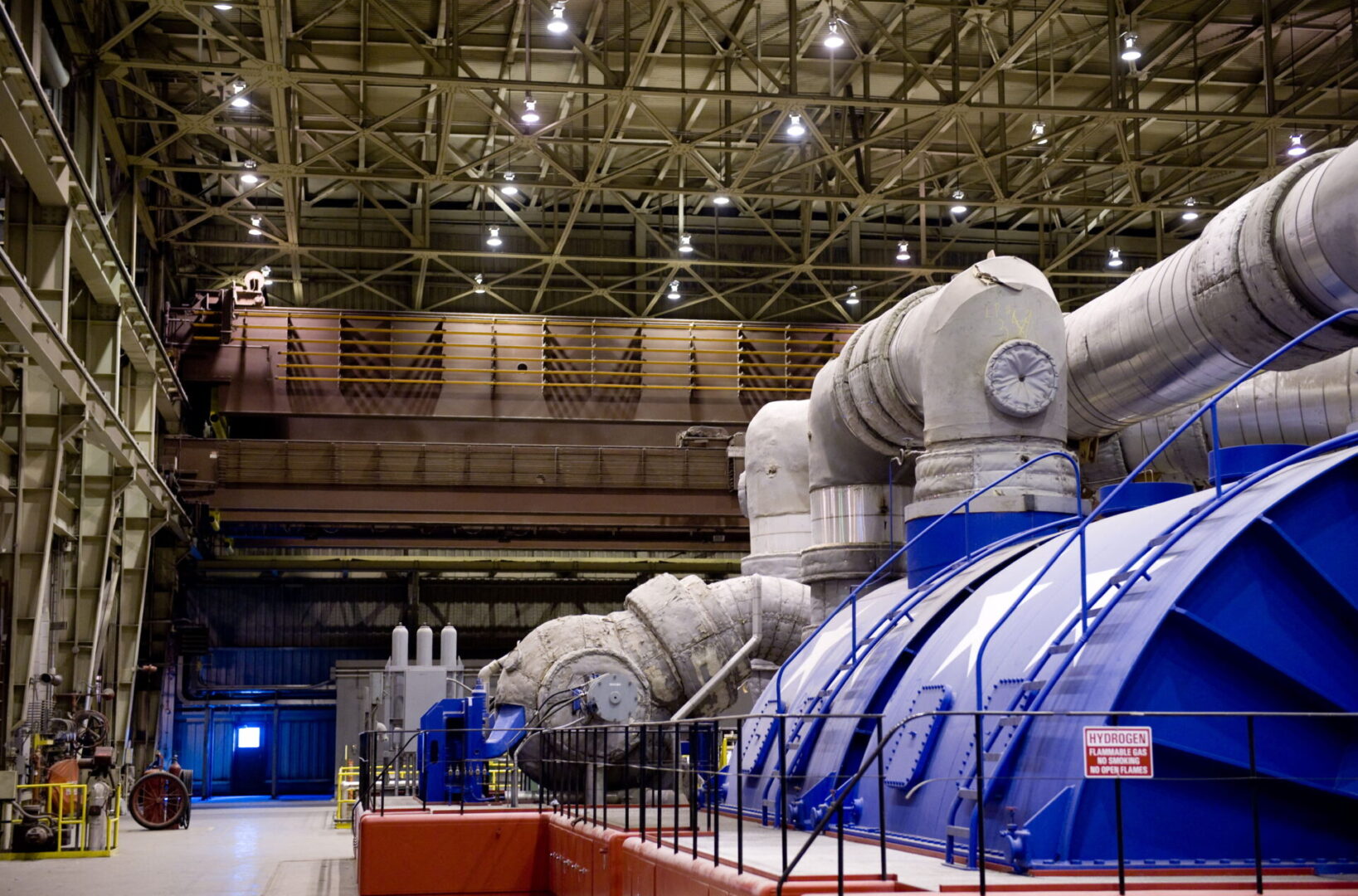The need for international cooperation in developing CCUS technologies
The Importance of CCUS Technologies
The world is facing a climate emergency, and it is clear that immediate action is needed to address carbon emissions. Carbon Capture, Utilization, and Storage (CCUS) technologies have emerged as a key solution to reducing carbon emissions. CCUS technologies, which involve capturing carbon dioxide (CO2) emissions from industrial processes, power plants, and other sources, and then storing them underground, have the potential to significantly reduce greenhouse gas emissions. However, the successful development of CCUS technologies requires international cooperation.
Understanding the Role of International Cooperation
International cooperation is vital in the development of CCUS technologies. Through collaboration and information sharing, countries can work together to develop and implement CCUS technologies. International cooperation can also help to ensure that the benefits of CCUS are shared equitably around the world.
Advantages of Collaborative Efforts in CCUS
Collaborative efforts in CCUS have numerous advantages. For one, they provide access to a wider range of expertise and resources, which can speed up technological development. Additionally, international cooperation enables countries to pool their financial resources, lowering the costs of research and development. Collaboration also enables countries to trade knowledge, which can help to accelerate learning curves and avoid repeating mistakes.
Current State of Global CCUS Development
Currently, CCUS is still in the early stages of development. Despite the potential benefits of CCUS, there are still many challenges that need to be addressed. One of the main challenges is the high cost of implementing CCUS technologies. Additionally, there are still technical obstacles that need to be overcome, such as the need for better carbon capture technology and more effective methods of CO2 storage.
Challenges to Implementing CCUS Worldwide
Implementing CCUS technologies worldwide faces several challenges, including regulatory and policy barriers, lack of investment, and public acceptance. In addition, there are concerns around the safety and long-term viability of CO2 storage sites, which may require additional research and development to address. Furthermore, some countries may be hesitant to invest in CCUS technologies due to the high upfront costs and long-term risks.
Opportunities for Joint Ventures in CCUS
Despite these challenges, there are many opportunities for international cooperation in the development of CCUS technologies. Joint ventures and public-private partnerships, for example, can provide a platform for collaborative research and development. International organizations such as the International Energy Agency and the Carbon Sequestration Leadership Forum can also help to facilitate international cooperation in CCUS.
The Significance of Policy and Regulation
Policy and regulation are also significant factors in the development and implementation of CCUS technologies. Governments can incentivize investment in CCUS technologies through tax credits, subsidies, and other financial incentives. They can also establish regulatory frameworks that facilitate the development and deployment of CCUS. In addition, governments can promote public awareness and acceptance of CCUS through education and outreach programs.
The Future of CCUS Through International Collaboration
The development and deployment of CCUS technologies are crucial for achieving global emission reduction targets. However, the successful deployment of CCUS technologies requires international cooperation, collaboration, and investment. By working together, countries can accelerate the development of CCUS technologies, lower costs, and share knowledge to achieve a greener future.










